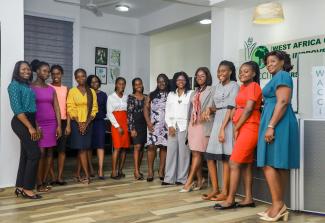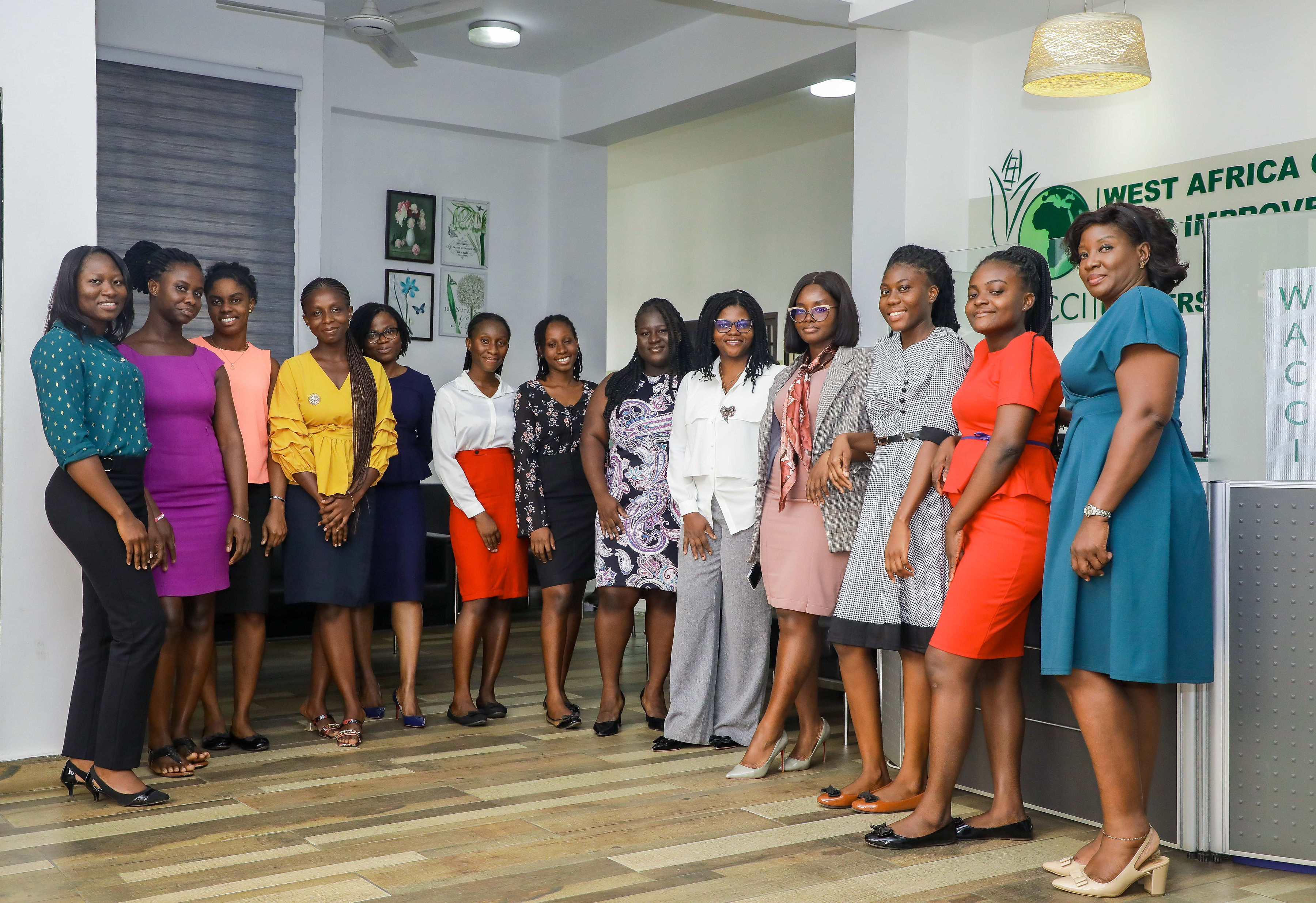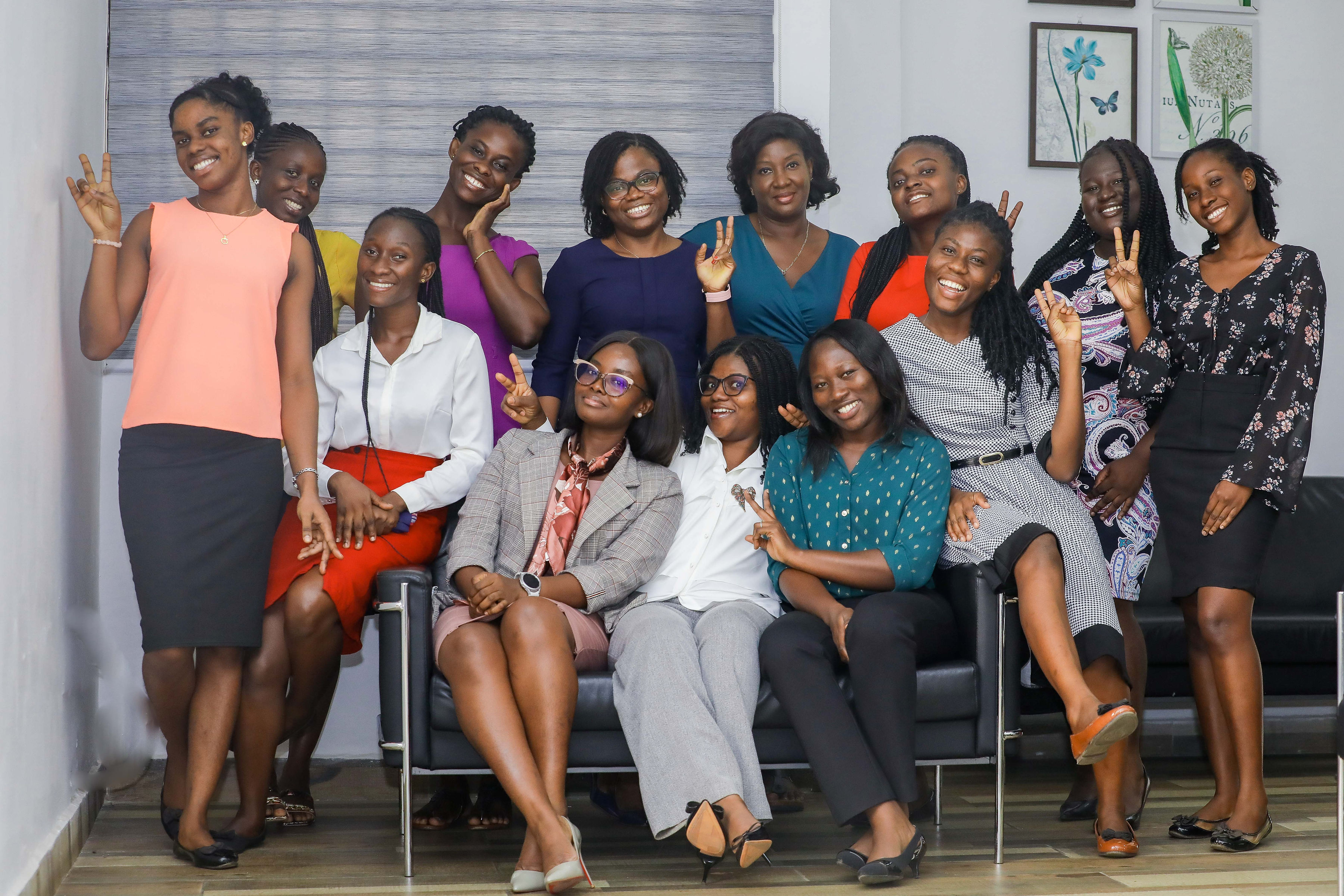
As the world celebrates International Women’s Day, it’s a moment to honour women's achievements and recommit to advancing gender equality.
This year's theme, 'Inspire Inclusion,' highlights the importance of creating spaces where women are fully embraced, empowered, and valued, urging individuals to acknowledge and value the unique perspectives and contributions of women from all backgrounds.
The theme, 'Inspire Inclusion,' resonates with the work the West Africa Centre for Crop Improvement (WACCI), University of Ghana has done over the years. Since its inception, WACCI has been dedicated to fostering equity and inclusivity in agricultural sciences across the continent. From providing an enabling environment for female students to offering compassionate support for expecting mothers, WACCI is rewriting the narrative of gender representation in higher education.

With a commitment to equal access, WACCI has welcomed female students into its programmes, with impressive figures to show for it. Among its current PhD in plant breeding students 36% are women, and 34% of graduates in this programme are female. Similarly, in the MPhil in seed science and technology program, 31% of students are women, with 37% of graduates being women.
These enrolment figures are significant considering the historical underrepresentation of women in agricultural sciences in Africa. Studies have shown that gendered perceptions and institutional cultures often deter women from pursuing higher education in these fields.
However, WACCI's inclusive approach is breaking down barriers and paving the way for more women to excel in agricultural research and innovation. The Centre understands the unique challenges faced by pregnant students and mothers. By providing compassionate support and accommodations and access to nearby preschools, the centre ensures that women can pursue their academic goals without sacrificing their well-being or that of their children.
In its scholarship program, WACCI prioritises merit-based selection while also implementing measures to promote gender equality. This includes extending a longer age limit for women applicants and offering affirmative action for female candidates and those with disabilities.
Furthermore, WACCI’s commitment to inclusion extends to its workforce, with 41% of its staff being women. The Centre’s female faculty are leading groundbreaking projects that contribute to food security and nutrition in Africa, demonstrating the centre’s dedication to empowerment at all levels.

As we celebrate International Women's Day, let us draw inspiration from WACCI's journey and continue the fight for a more inclusive and equitable world. Together, we can inspire change and create a future where every woman has the opportunity to thrive.
